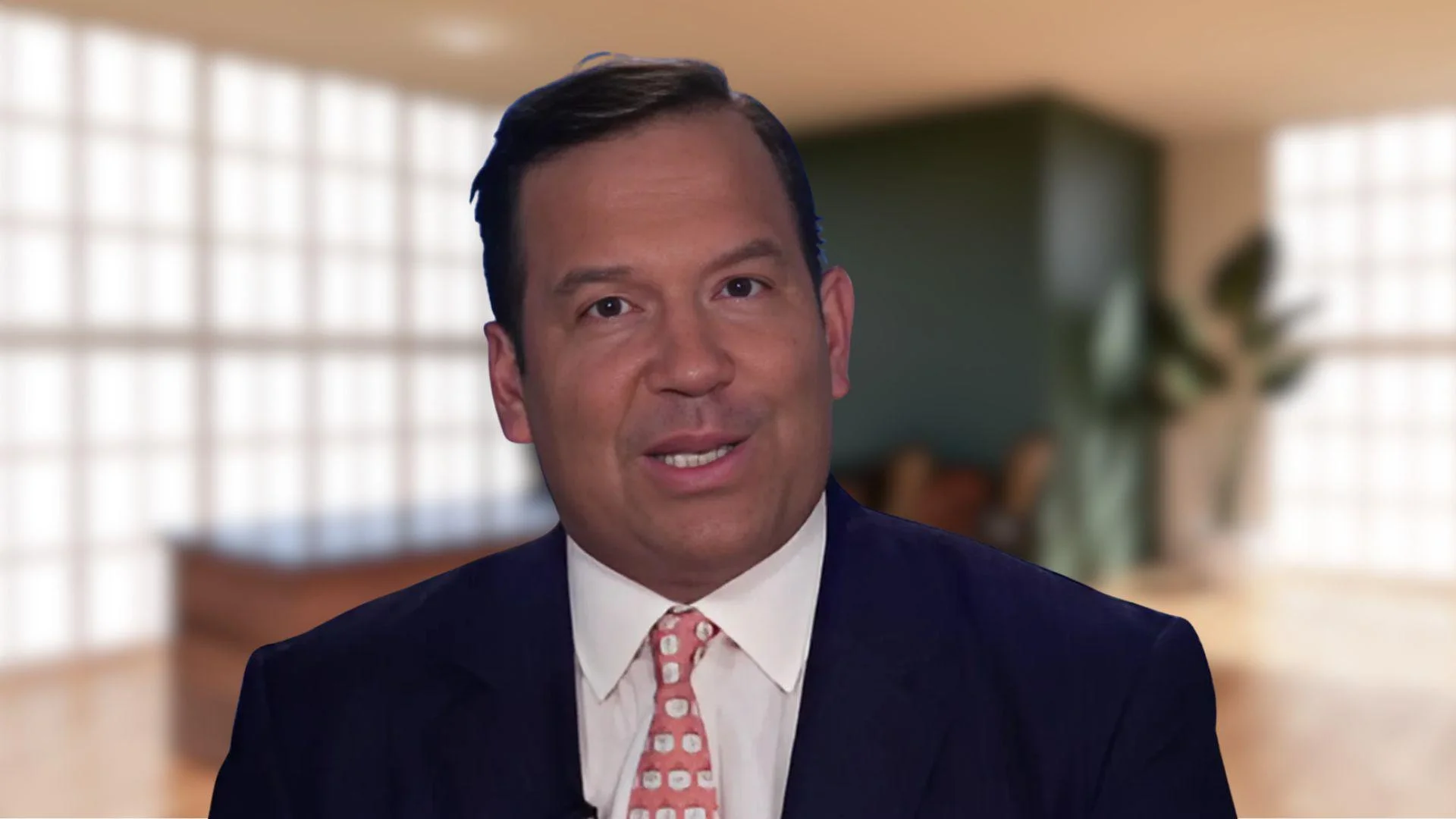Steve Cortes, President of the League of American Workers, has expressed concerns that U.S. taxpayer funds are indirectly supporting Chinese battery manufacturer CATL and expanding the influence of the Chinese Communist Party (CCP) in the Pacific through partnerships with Australian firms. This statement was made during an interview.
"We American taxpayers subsidize Chinese battery maker CATL," said Cortes. "Who then goes out and expands the CCP's influence in the Pacific. Partnering with Australian mining conglomerates."
According to Reuters, Chinese battery maker CATL signed new agreements with Australian mining giant BHP in July 2025 to supply batteries for use in BHP’s mining vehicle fleets. These deals aim to help BHP reduce its carbon emissions and adopt cleaner technologies at its sites, particularly in Australia. The partnership between CATL and BHP highlights the growing influence of Chinese battery technology in global mining and energy supply chains.
Reuters further reports that China is projected to surpass Australia as the world’s largest lithium producer by 2026, based on projections from Fastmarkets published in June 2025. This shift is attributed to aggressive Chinese investment in both domestic and international mining assets, along with long-term agreements with global suppliers. The article notes that Australia's share of global lithium supply is expected to decrease from 43% in 2024 to 29% in 2026, while China’s share will increase from 33% to 40%, indicating a significant realignment of the supply chain favoring Chinese companies.
According to InnovationAus.com, as cited by Senator Paterson, a $1 billion deal between Western Australia and CATL for large-scale battery projects has raised national security concerns due to CATL’s leadership ties to the CCP and potential obligations under China's National Intelligence Law. Paterson warned the Albanese government to "carefully review" the agreement, citing risks that taxpayer-funded infrastructure could be leveraged for foreign intelligence purposes. This scrutiny suggests that strategic supply chain partnerships with CATL may compromise Australia’s sovereignty over critical infrastructure.
Cortes is recognized as a prominent media communicator on patriotic populism and began his television career at CNBC in 2007 before working for Fox News and CNN. He also served as spokesman and senior advisor for Donald Trump's presidential campaigns in 2016 and 2020. Cortes graduated from Georgetown University.





